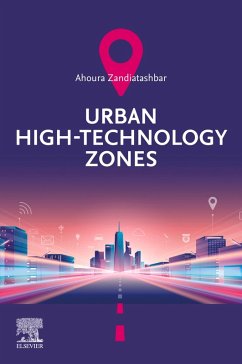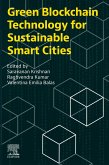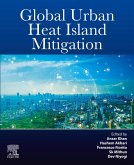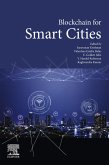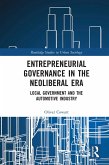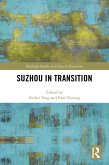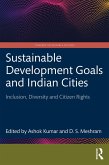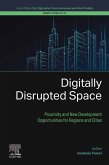Urban High-Technology Zones offers essential planning insights for our increasingly high-tech economy and society, looking at the role the built environment plays, the policy factors that contribute to their formation and growth, quality-of-life impacts of high tech clusters on their surrounding communities, and economic geography. Using a combination of advanced geospatial data-driven techniques with evidence-based insights, the book provides quantitative measures on high tech cluster's social, environmental and economic impacts. While findings are from drawn cities in the US, the book's spatial analyses, methodology, research conclusions and literature reviews are generalizable to cities around the world.
Users will find numerous insights and guidance on the role high-tech clusters play in how cities reach their economic growth and social equity goals, making it a useful resource for academic research and policy guidance.
Users will find numerous insights and guidance on the role high-tech clusters play in how cities reach their economic growth and social equity goals, making it a useful resource for academic research and policy guidance.
- Draws on disaggregated firm-level data to provide strong analytical granularity
- Includes numerous and diverse case studies focusing economic externalities, policy implementation, and institutional barriers
- Examines such issues as housing affordability and high-tech clusters' place attributes
Dieser Download kann aus rechtlichen Gründen nur mit Rechnungsadresse in A, B, BG, CY, CZ, D, DK, EW, E, FIN, F, GR, HR, H, IRL, I, LT, L, LR, M, NL, PL, P, R, S, SLO, SK ausgeliefert werden.

